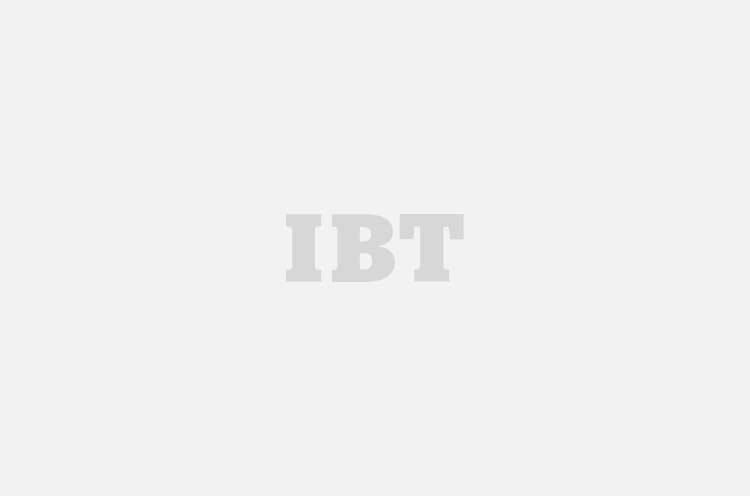
Brendan Eich, co-founder of Mozilla and creator of the JavaScript programming language, launched a new browser called Brave that blocks ads by default, resulting in a faster and more private web browsing experience. Brave claims to establish a direct connection with publishers and manage revenue in an order where everyone benefits, including the users.
Brave is an open-source web browser in beta, and there are plans of releasing a stable, public version later this year. The new browser is designed to make the web experience faster, safer and better by blocking ads, third-party tracking and malvertisment.
"At Brave, we're building a solution designed to avert war and give users the fair deal they deserve for coming to the Web to browse and contribute. We are building a new browser and a connected private cloud service with anonymous ads," Eich, founder, President and CEO of Brave Software, wrote in a letter on the official website on Wednesday.
Brave offers several advantages, but at the same time there are some shortcomings, too. Starting with the ad-blocking feature, Brave claims the new browser automatically blocks ads and trackers. Then, it claims to serve cleaner ads to users, which are less invasive and malicious than the stripped-down ads.
As Eich noted, Brave blocks everything, including "initial signalling/analytics scripts that start the programmatic advertising 'dirty pipe', impression-tracking pixels, and ad-click confirmation signals". He also said Brave will not store user data on its servers without permission for targeted advertising.
For inserting new ads into its browser, Brave will take a 15% cut out of the ad revenue. According to Business Insider, Brave eliminates the middleman and brings around 55% of revenue directly to the publishers and 15% goes to the partners who supply the ads. Interestingly, Brave users get 10-15%, which will help them make micro-payments to publishers to block adverts on the chosen sites.
It is not clear if the advertised speed increase of Brave by stripping malicious ads will be affected by its own ads. And Brave's replacing ads model requires direct connection with the advertising networks, which can be challenging since Brave already blocked ads that may belong to some agencies.
On the brighter side, Brave has HTTPS Everywhere, which ensures users are always passing through secure sites. There are several unanswered questions about the browser's UI and features that Brave hasn't mentioned on its website.
According to ARS Technica, Brave has raised $2.5 million in angel investment so far.

















